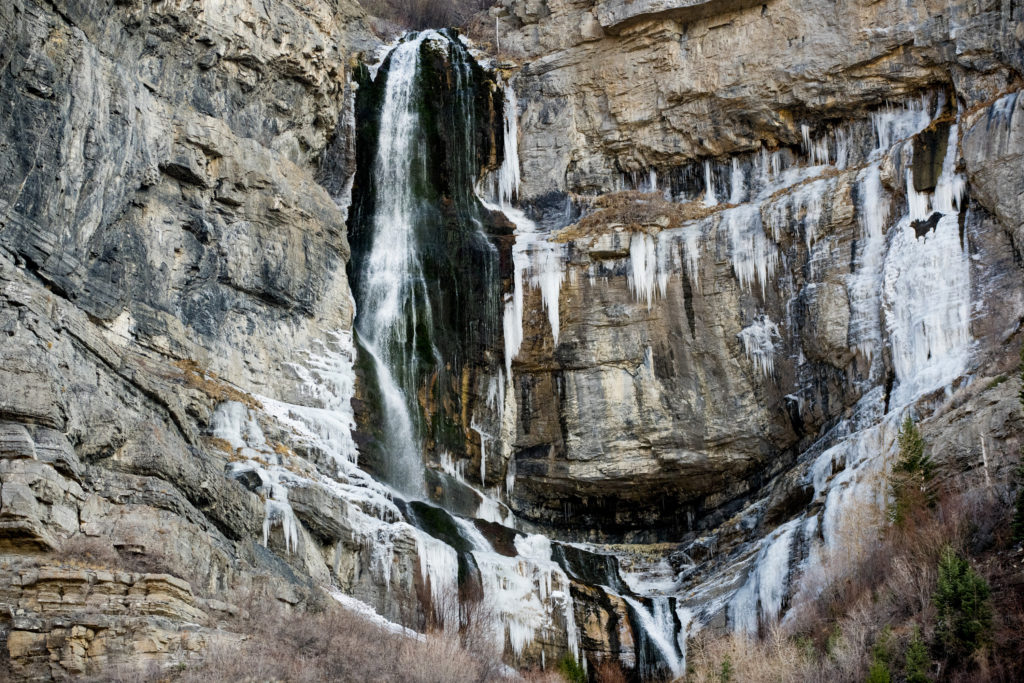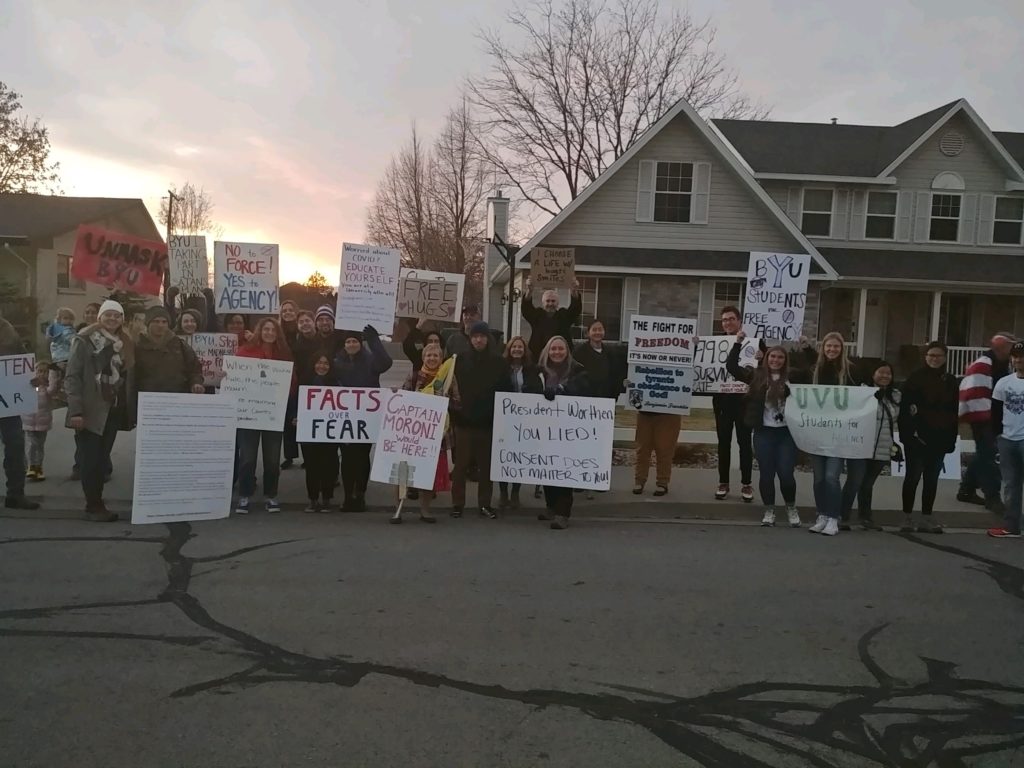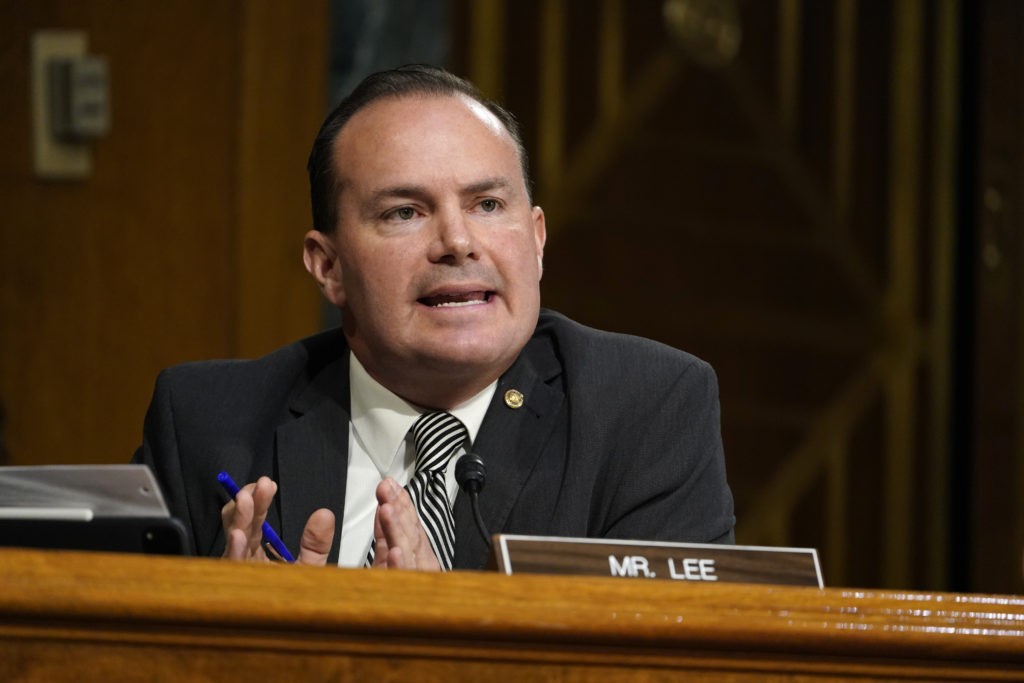Utah County blocks private development at Bridal Veil Falls

Utah County has unanimously approved a measure that would block private development at the Bridal Veil Falls after protests and concerns from residents.
The Utah County Commission’s decision after a public hearing on Dec. 9 occurred a day after protesters gathered outside the Utah County Administration Building to oppose a proposed private development at the tourist attraction.
Reports had indicated last week that developer Richard Losee had requested to build a tram and drug treatment center at the waterfall attraction, The Daily Herald reported. Losee is the owner of Cirque Lodge, an addiction recovery center in Orem. The Utah County Commission had rejected a similar development proposal from Losee in 2018.
Utah governor condemns attorney general joining Texas suit

Utah’s Republican governor and governor-elect on Thursday condemned the attorney general’s decision to join a Texas lawsuit to invalidate the presidential race results in four battleground states that President Donald Trump lost.
Gov. Gary Herbert and Lt. Gov. Spencer Cox, who will be taking the governor’s seat in January, said it is not Utah’s responsibility to intervene in other states’ elections. They also said Attorney General Sean Reyes did not consult them before signing onto the amicus brief.
Herbert told reporters that candidates and campaigns are responsible for pursuing election-related legal challenges and called Utah’s involvement “a waste of our taxpayers’ dollars.”
Cox, who is an attorney, said there has been no evidence of widespread voter fraud that could change the outcome of the presidential election and “sometimes we just lose.”
Utah ordinances to prohibit targeted residential protests

A pair of Utah cities passed ordinances prohibiting targeted protesting or picketing close to private homes.
The Lehi City Council and Spanish Fork City Council separately approved ordinances barring demonstrations aimed at a specific person within 100 feet (30 meters) of their home, The Provo Daily Herald reports.
The ordinances followed protests outside the homes of state officials, including Republican Gov. Gary Herbert and Department of Health Director Joseph Miner.
The Lehi ordinance makes targeted picketing within the restricted area a class B misdemeanor.
The Spanish Fork ordinance also carries a class B misdemeanor charge, but only after a second violation.
Utah senator blocks national museums for Latinos, women

A lone senator from Utah has singlehandedly blocked the bipartisan approval of two new national museums to honor American Latinos and women, arguing that “last thing we need is to further divide an already divided nation.”
Republican Sen. Mike Lee objected Thursday to the creation of the two proposed Smithsonian museums, stalling two projects that have been in the making for decades and enjoy broad bipartisan support. Senate approval would have sent the legislation approving the Latino museum to President Donald Trump for his signature. The Senate was attempting to pass the measures by voice vote, which requires every senator’s consent.
The dispute on the Senate floor came amid the impasse over a new coronavirus relief bill and highlighted the difficulty of achieving even widely supported goals in the polarized Congress. Lawmakers could still find a way to move forward on the creation of the museums, including by adding the bills to a must-pass spending package, but doing so could further complicate the passage of that legislation.




